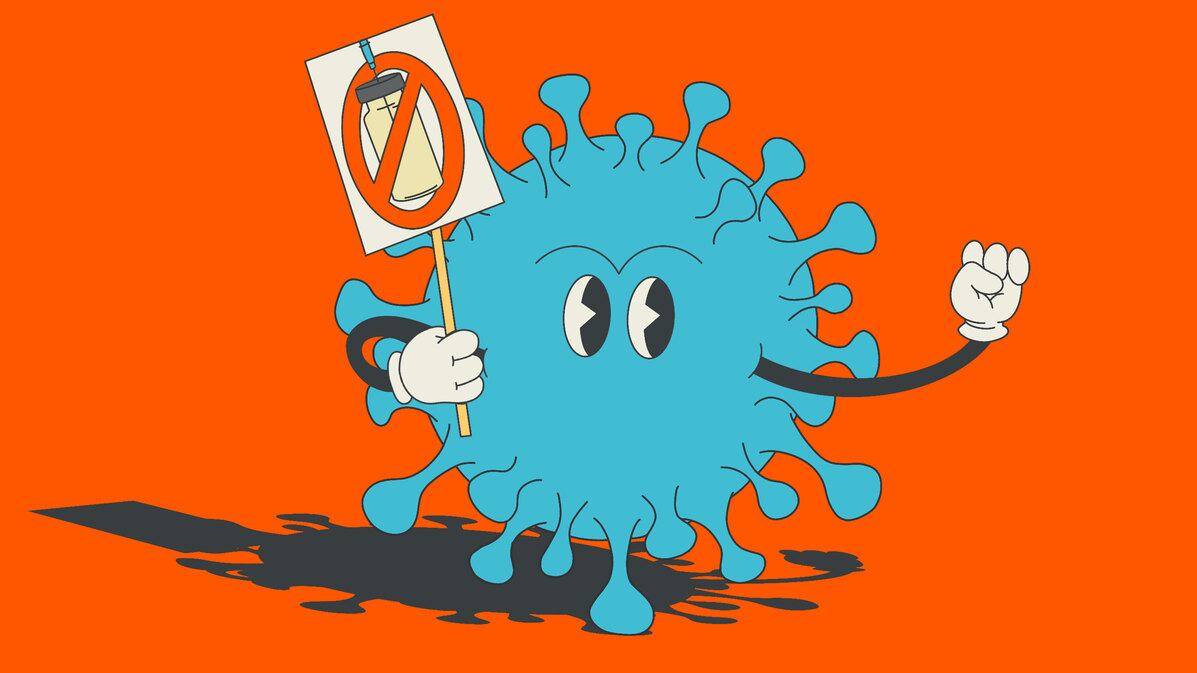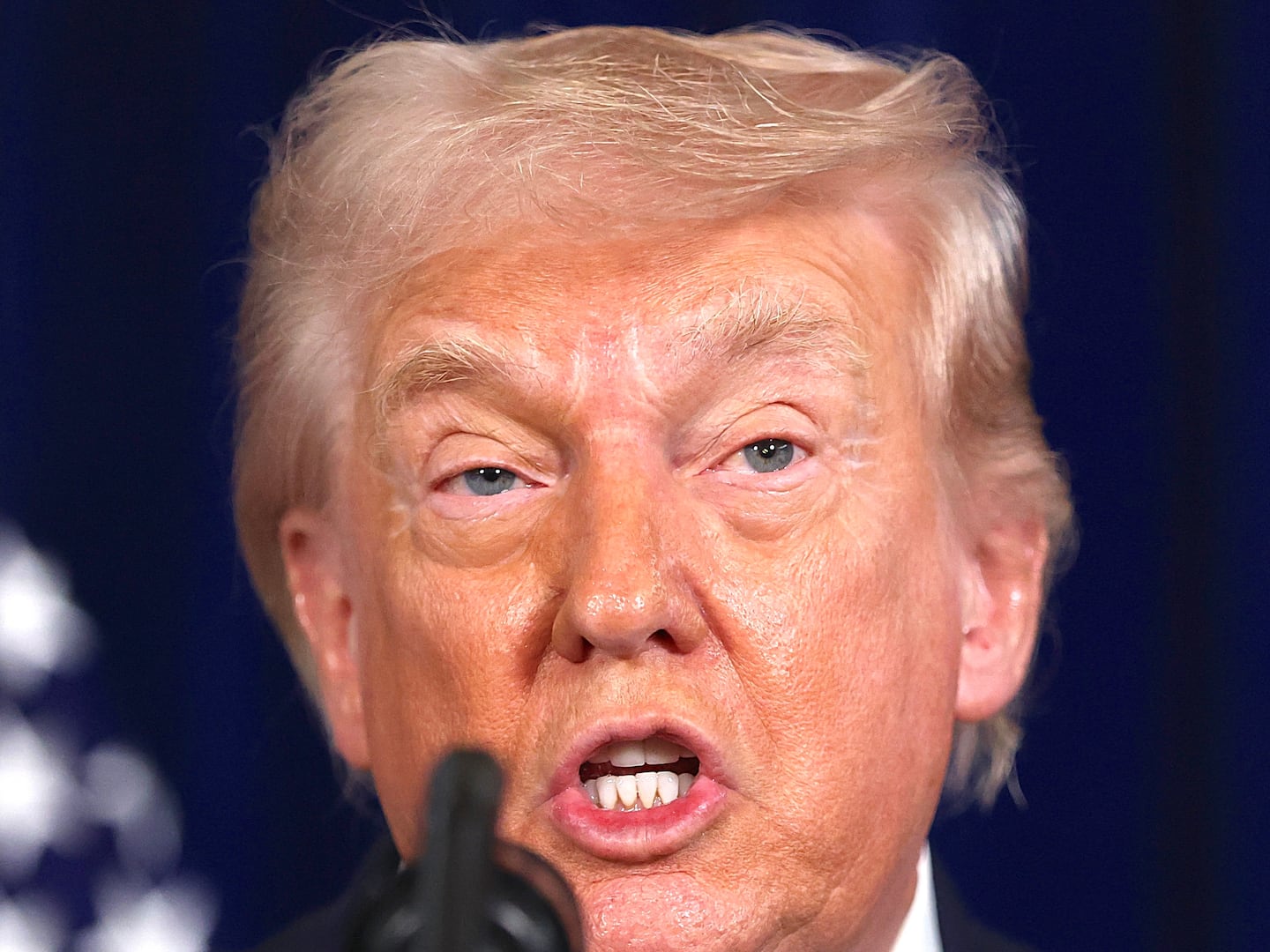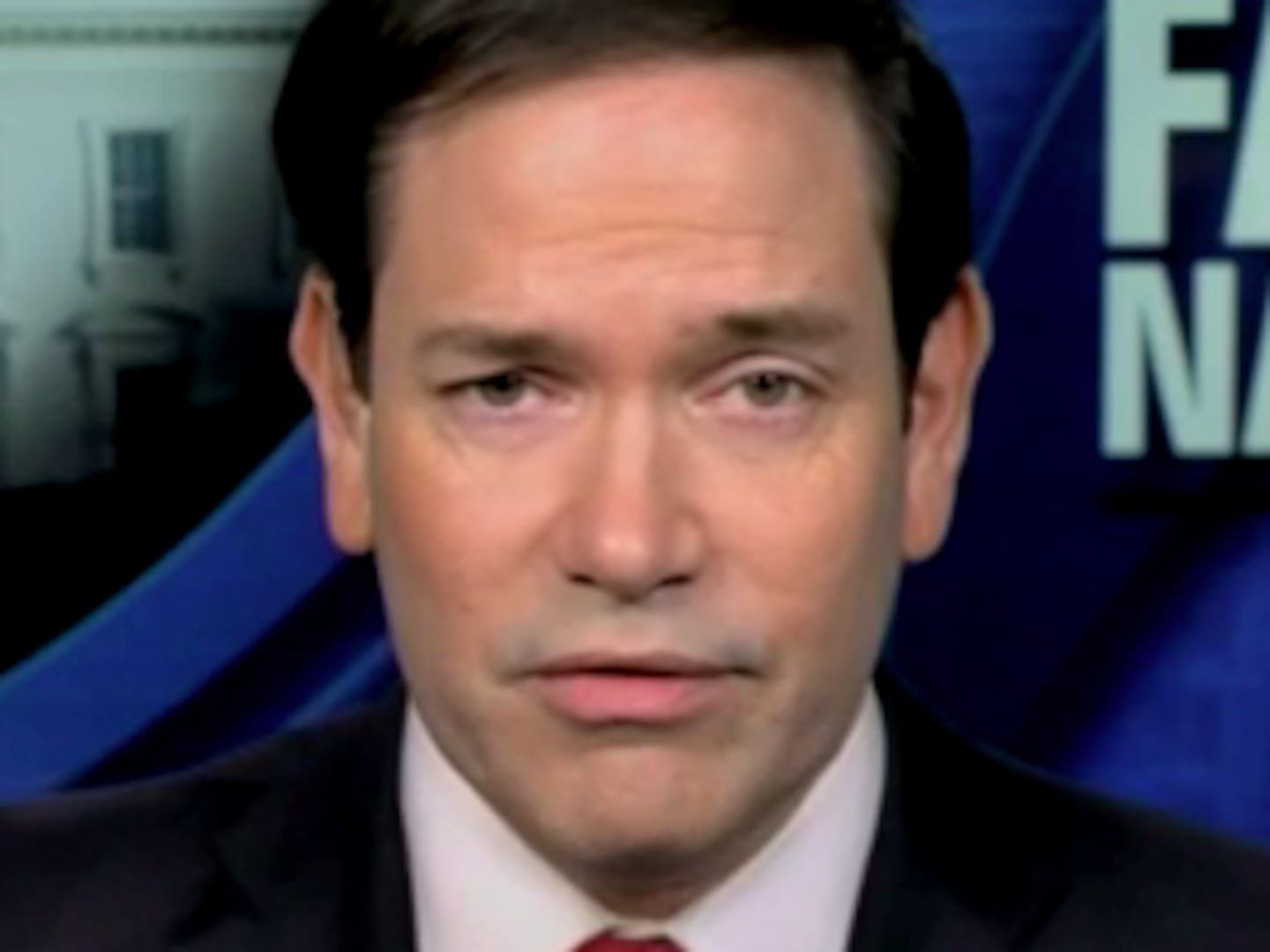Watching unions fight against employer policies mandating COVID-19 vaccinations, I can’t help but think that labor is repeating an old mistake in placing the interests of a few misguided members above that of the well-being of their whole membership.
This week, the New York State United Teachers union voiced opposition after Gov. Andrew Cuomo encouraged schools to adopt such requirements. The 1199 Service Employees International Union rallied in late July to protest New York-Presbyterian Hospital’s vaccine requirement for its workers (who are already required to be vaccinated against other diseases). The unions are careful to say they support vaccinations in general, and they urge employers to make it easier for workers to get their shots. But mandates, they argue, are a bridge too far.
You’d think that unions for nurses and teachers—workers who dedicate their lives to care for others, and who have been affected more than most by the pandemic—would be eager for a policy that promotes workplace safety for all their members, including those most vulnerable. These unions, more than anyone, should appreciate that vaccination isn’t just a personal health decision, but a form of solidarity.
Perhaps I shouldn’t be surprised. Unions have countervailing interests as well. If employers mandate vaccinations, members who refuse may be fired. And unions rarely welcome new policies imposed by management from on high without room for negotiation. Perhaps the unions see themselves as first and foremost guarding against rules that put their members’ jobs at risk, whatever the justification—even if it means allowing members to endanger other members’ lives.
That’s a shame. As the unions recognize, COVID-19 vaccinations are safe and effective at stopping serious illness. They also slow the spread of the virus, protecting other workers—as well as their patients and students, who may be too young for vaccines. The AFL-CIO, the country’s largest labor federation, has come out in favor of mandatory vaccination. And the Equal Employment Opportunity Commission has OKed employer mandates, so long as they include appropriate exemptions based on disability and religion. (I’ll save my rant on the latter for a later time.)
It’s also an awfully narrow view of a union’s role. Isn’t a safe working environment as much a part of workplace justice as protections from termination? Why not embrace vaccination requirements as a union demand, not just a union concession?
It all reminds me of some unions’ unfortunate records on sexual harassment. Historically, many male-dominated unions understood their job, with respect to workplace harassment, solely as defending their members who had been accused.
Take the United Autoworkers Union. In 1996, the EEOC filed a massive lawsuit against Mitsubishi on behalf of women victimized at one of its plants. The allegations weren’t news to the UAW or its local. The union had received plenty of complaints from female workers. But rather than help solve the problem, the union refused to investigate sexual harassment complaints lodged by workers if the alleged harasser was also a member. Local union officials would, in those circumstances, facilitate “remediations” without any paper trail. Solidarity, in their view, meant sucking it up.
It’s only in recent years that many unions have come to recognize that protecting workers means protecting them from sexual harassment, even if, sometimes, another member might be disciplined.
Solidarity does not require the most vulnerable to turn the other cheek when their colleagues threaten their safety. Instead, unions can and must advocate for sexual harassment policies that are fair to everyone involved, victims and the accused.
The same should go for COVID vaccinations. Sure, unions might reasonably demand the opportunity to negotiate with employers to make sure vaccination policies are drafted sensibly, as the American Federation of Teachers has done. They should make efforts to promote access and education so mandates don’t have disparate impacts on marginalized racial and socioeconomic groups. And, just as with sexual harassment allegations, unions should make sure employees facing sanctions are subject to appropriate procedures.
But they should avoid the mistake many made with sexual harassment, placing the desires of a few bad actors above the wellbeing of their whole membership.







